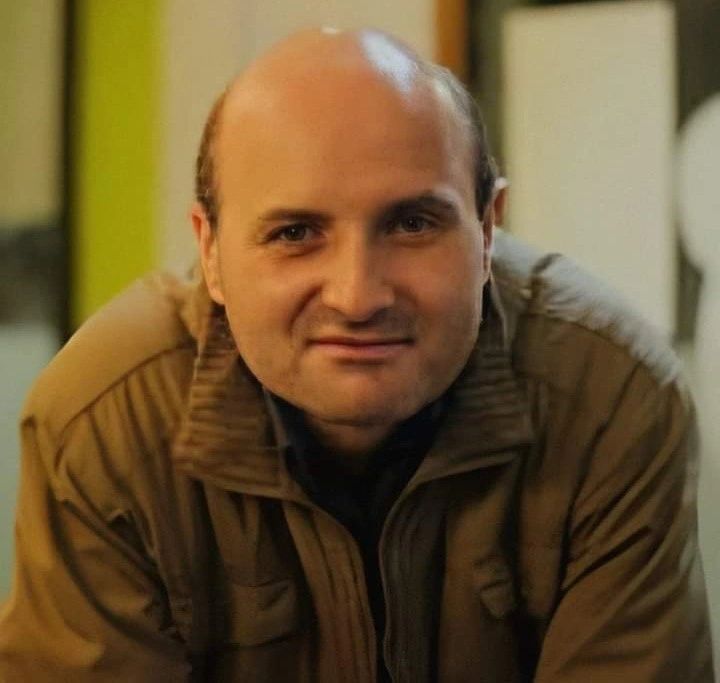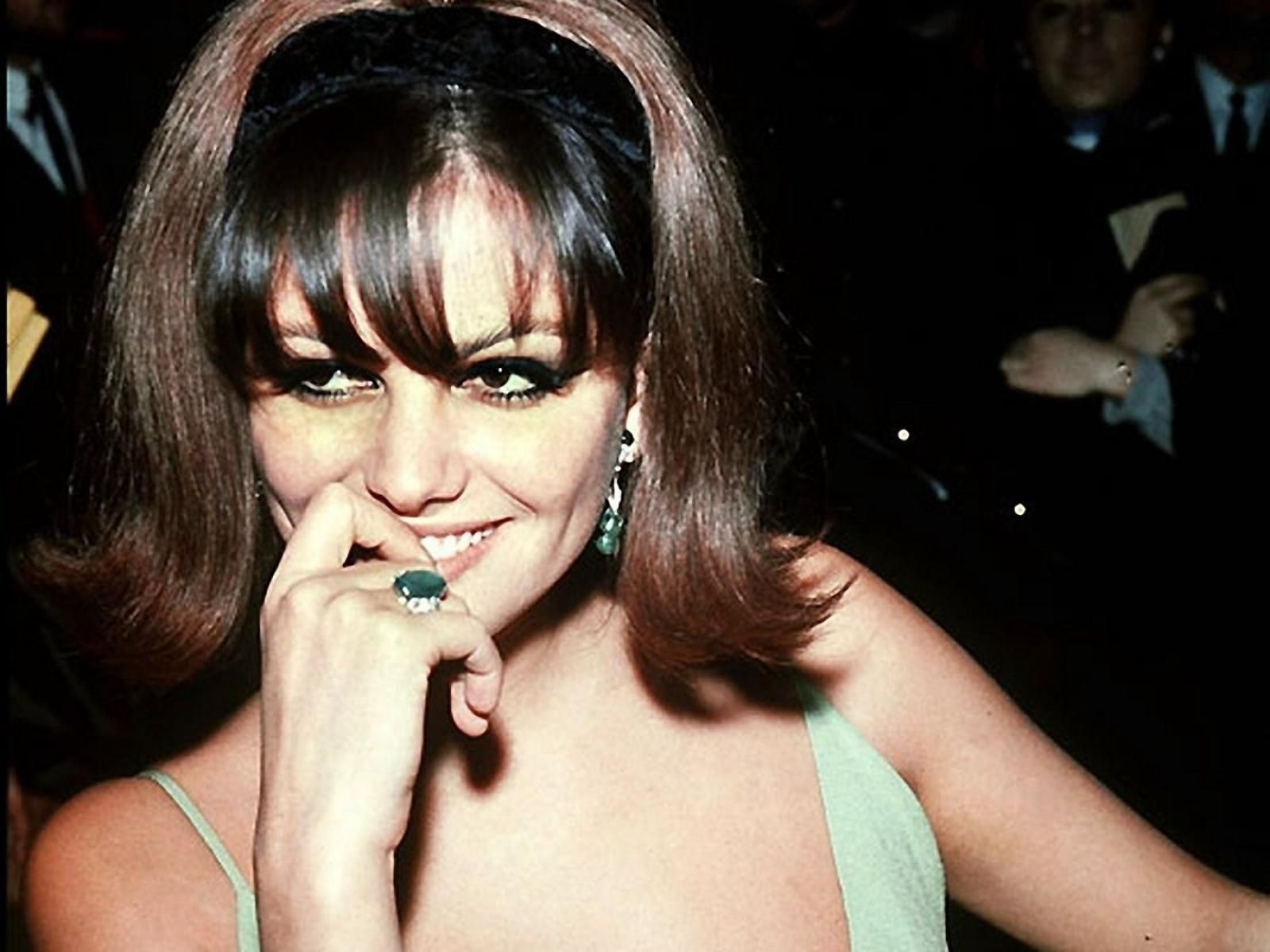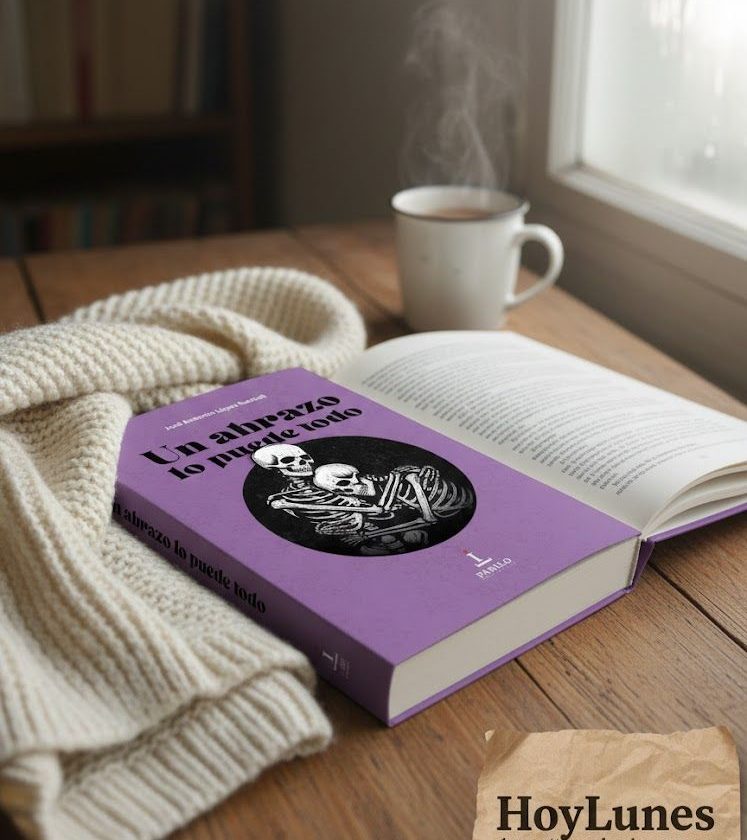The Italo-Tunisian actress, a legend of European cinema and UNESCO Goodwill Ambassador for the defense of women’s rights, dies at 87, leaving behind a legacy of beauty, commitment, and freedom.
By Jorge Alonso Curiel
HoyLunes – The Leopard, Girl with a Suitcase, Fellini’s 8½, The Lovemakers, Rocco and His Brothers, or “The Professionals” are just some of the unforgettable films of Italian actress Claudia Cardinale (Tunis, 1938–France, 2025), an undisputed icon of European cinema, who passed away yesterday, September 23, at the age of 87 at her home in Nemours, near Paris, France. She was one of the last surviving stars of the golden age of Italian cinema, between the 1940s and 1970s, when Italy was the beating heart of European film, offering audiences human stories filled with talent and great performances.
Born in Tunis in 1938 to Sicilian immigrants who had left in search of fortune, Cardinale embodied a marvelous example of cultural crossovers. She entered the magical world of cinema after winning a beauty contest in Tunis in 1957, which sought the most beautiful Italian young woman living in the African country. The prize was a trip to the Venice Film Festival, where producers offered her screen roles, which she initially turned down since her vocation was teaching. But she soon accepted, and quickly revealed herself to be much more than a beautiful face and a sensual figure fit for a goddess: she possessed the rare gift of communicating on screen with dazzling simplicity, a profound gaze, and a mastery of silence that created oceans of emotion, producing fiercely vulnerable and deeply human portrayals.
A Traumatic Event
Over her long and fruitful career, she worked with some of Europe’s greatest directors—Visconti, Fellini, Luigi Comencini, Claude Lelouch, Marco Ferreri, Marco Bellocchio, Fernando Trueba, Sergio Leone, Valerio Zurlini, Herzog, Franco Rossi—as well as with American filmmakers such as Richard Brooks and Henry Hathaway, during her Hollywood experience. She arrived in the U.S., the Mecca of cinema, introduced by her friend Alfred Hitchcock, but refused to be “trapped” there (“In the United States they always wanted to typecast me,” she once said), convinced that her place was in the more personal, artistic, reality-based cinema of the Old Continent. It was an act of independence and freedom, steering both her career and her life with solid values.


Independence and struggle marked her career from the beginning. Her distinctive voice, deep and husky, was initially dubbed because it did not fit the feminine ideals of the time, until she insisted that producers stop the practice.
Her sense of commitment also stood out, especially her defense of women’s rights in the Arab world, which led to her becoming a UNESCO Goodwill Ambassador. Cardinale herself had suffered abuse and gender violence. At the age of 17, she was raped in Tunis by a much older stranger. As a result, she became pregnant and refused to have an abortion. She gave birth to her son Patrick, whom she was forced by the film industry to present publicly as her younger brother. It was a secret she only revealed four decades later.
Respected and Loved by Her Colleagues
She also shared the screen with some of the most renowned actors: Marcello Mastroianni, Monica Vitti,


Alain Delon, Burt Lancaster, Robert Ryan, Alberto Sordi, Nino Manfredi, Michel Piccoli, Tony Curtis, and Lino Ventura—partners with whom she wrote unforgettable chapters of 20th-century cinema. They all praised her warmth, humility, generosity, and professionalism—far removed from the airs of stardom. She was always eager to learn and to perfect her craft. Cardinale, who disliked social life and was highly private, managed to avoid scandals and tabloid gossip, which earned her even greater respect from directors, fellow actors, and film crews.
She departs as a symbol of an era, a feminist reference, and a model of interpretative class for current and future actresses. She knew better than anyone how to combine tenderness and character, depth and adventure, beauty and spirit, drama and comedy. She achieved authenticity, truth, and life on screen, moving audiences to both emotion and reflection—offering the unforgettable experience of cinema.
An actress and personality essential to European cinema and culture, Claudia Cardinale now belongs to the realm of the eternal. She transcended the label of sex symbol and even managed to age with grace and discretion. Her gaze—so deep, full of strength, fragility, and drama—will continue to shine on the screen. She made of her life and her craft spaces aligned with her conscience and her elegant, flawless beauty.

#hoylunes, #jorge_alonso_curiel,



